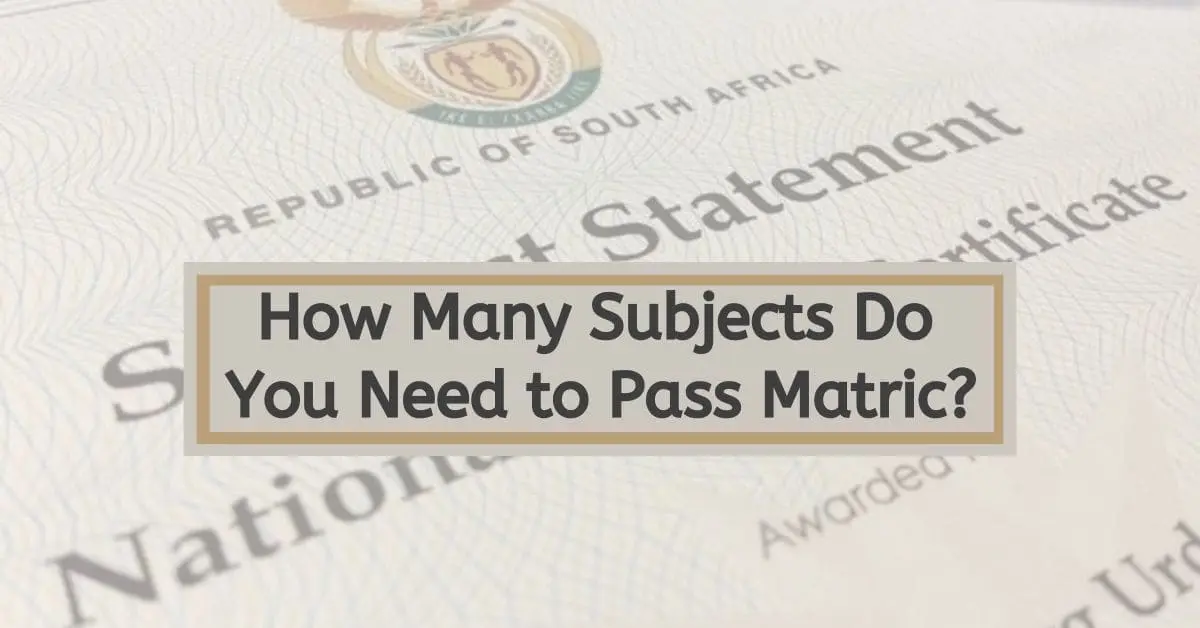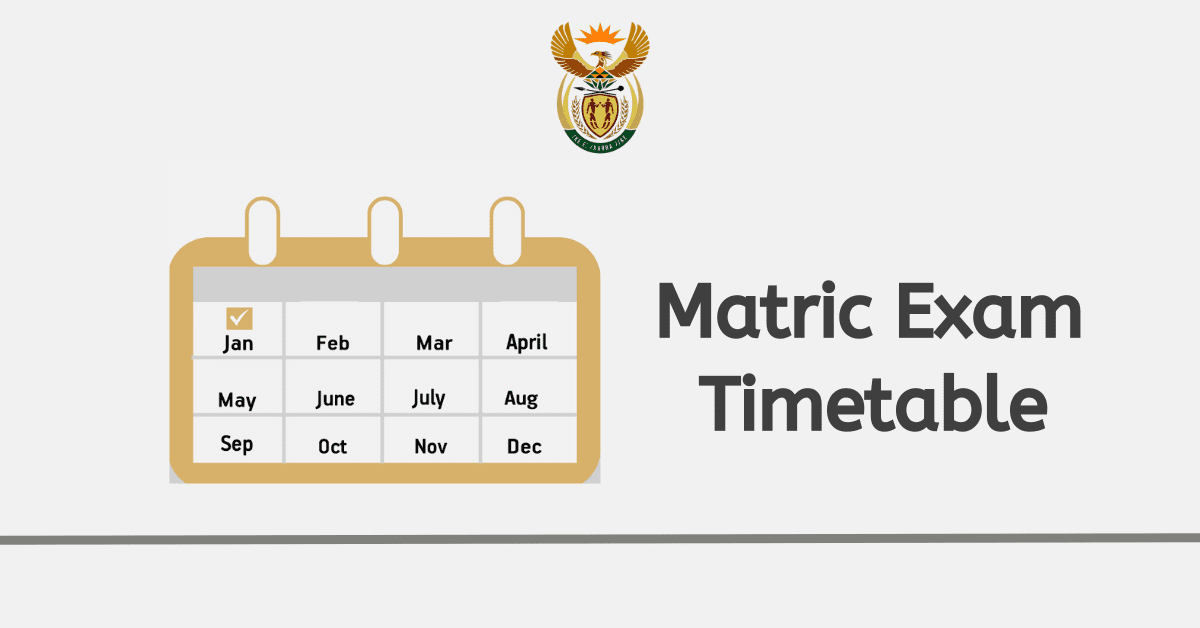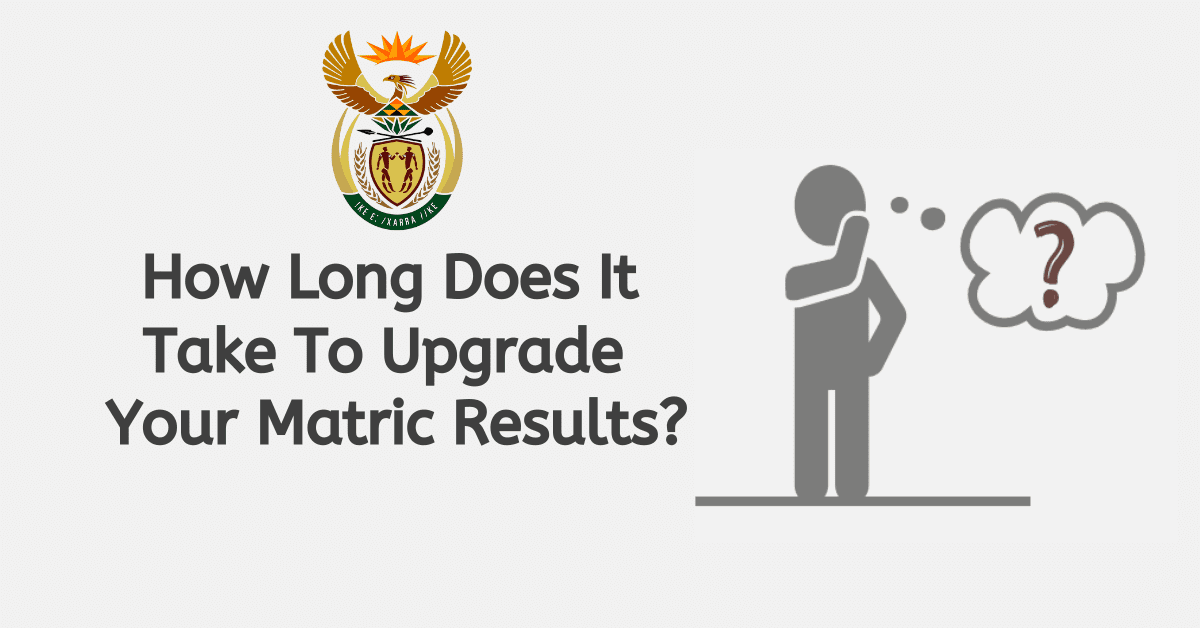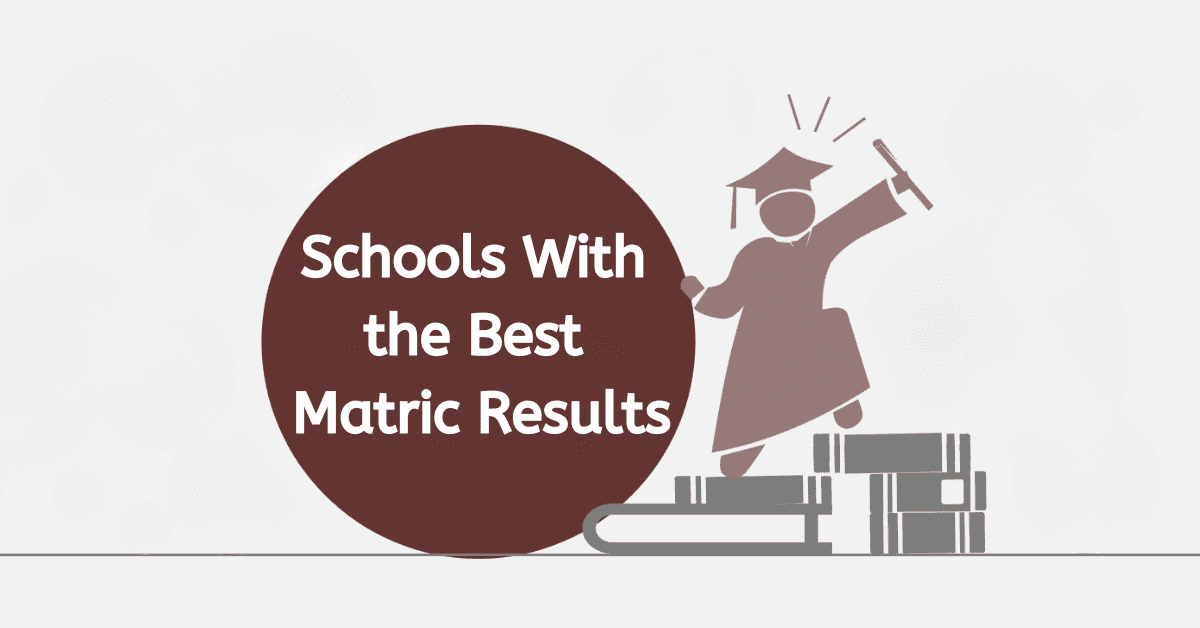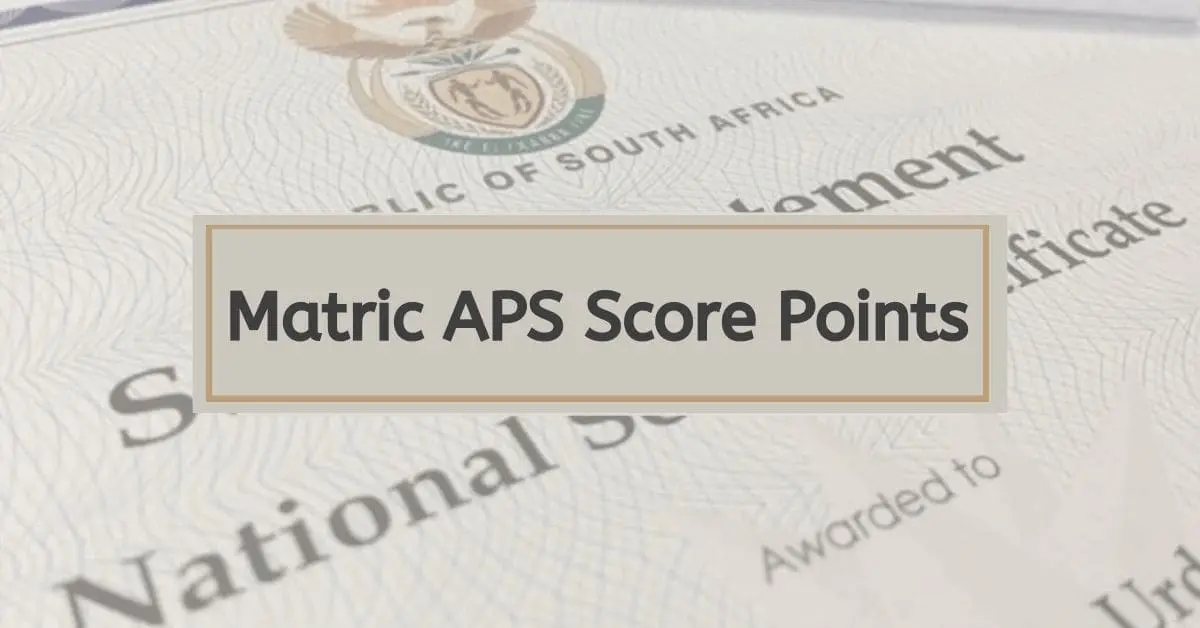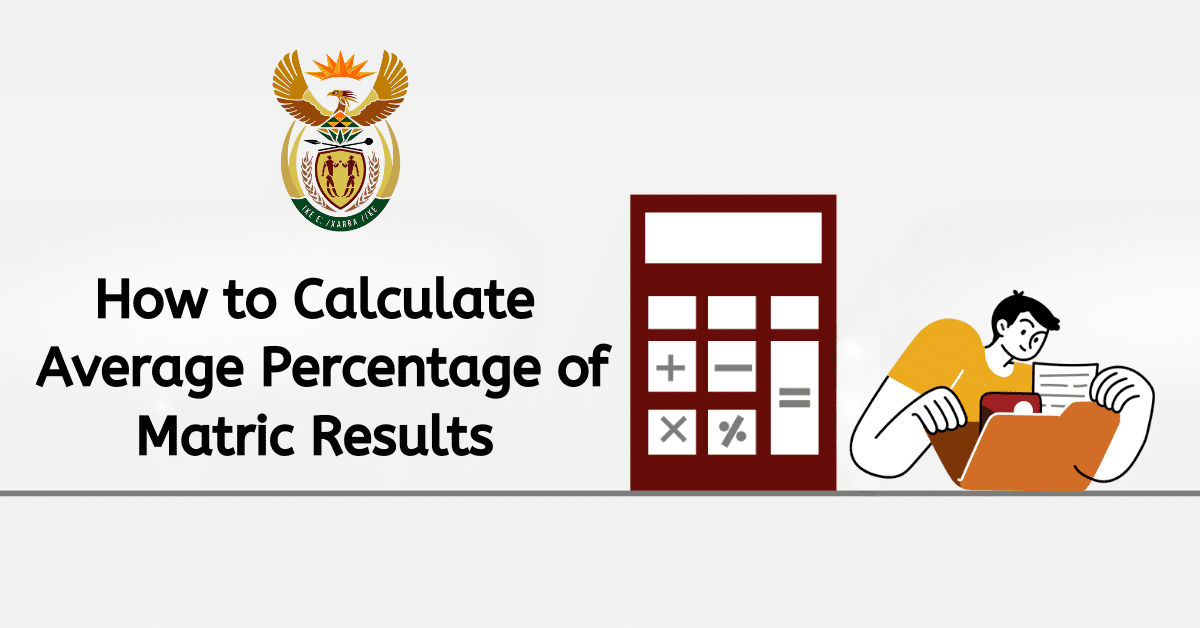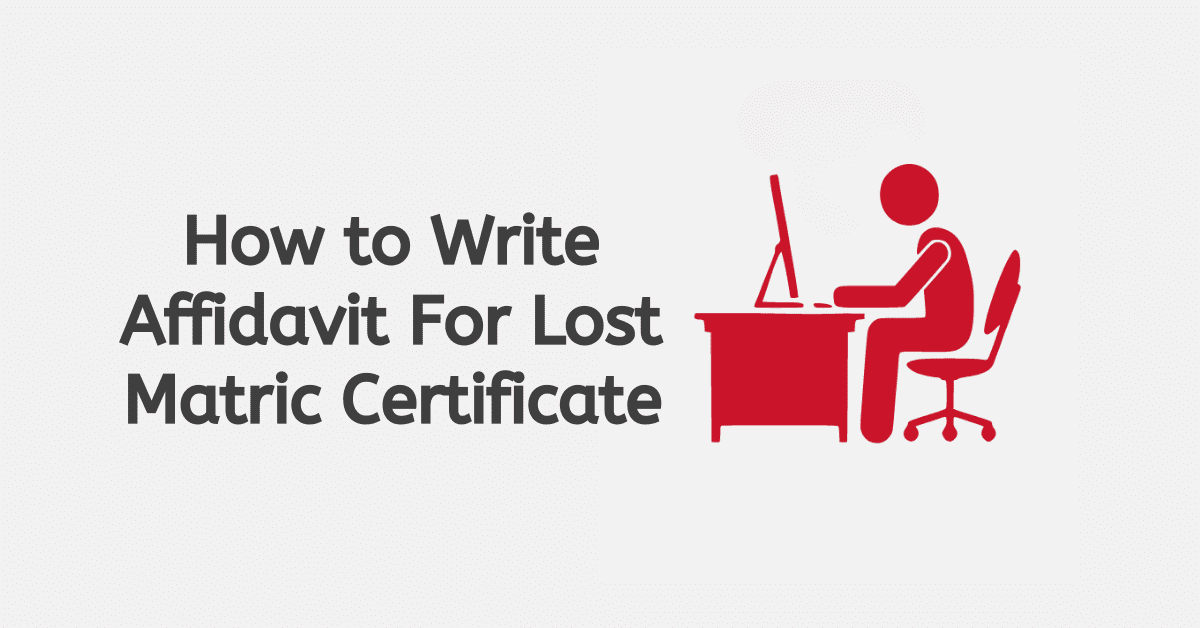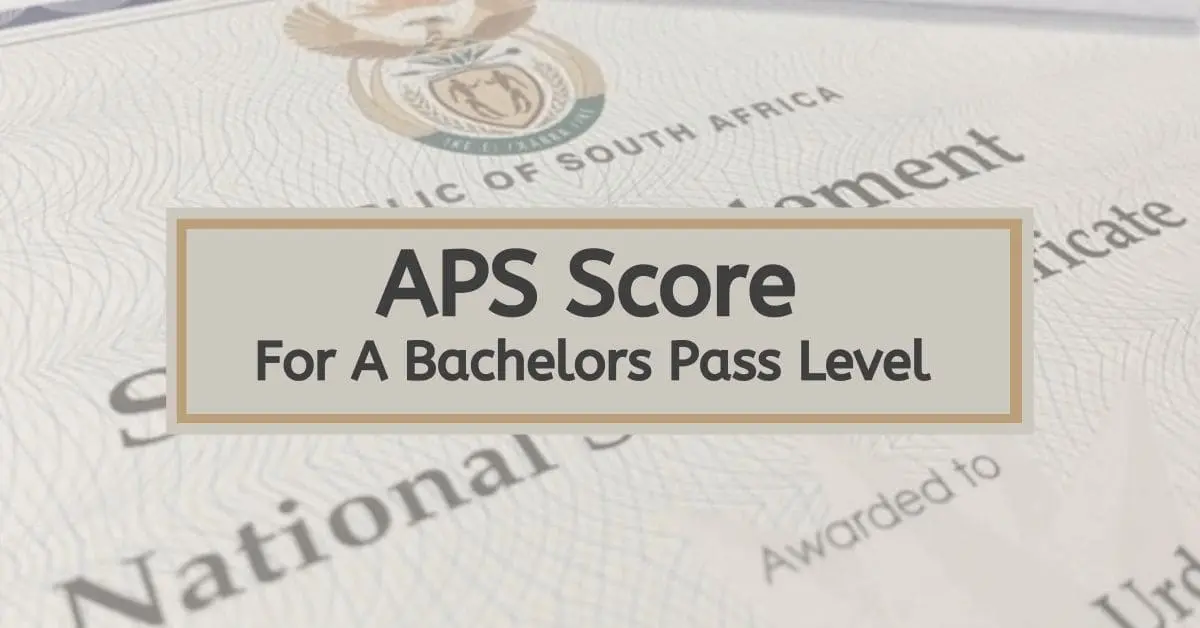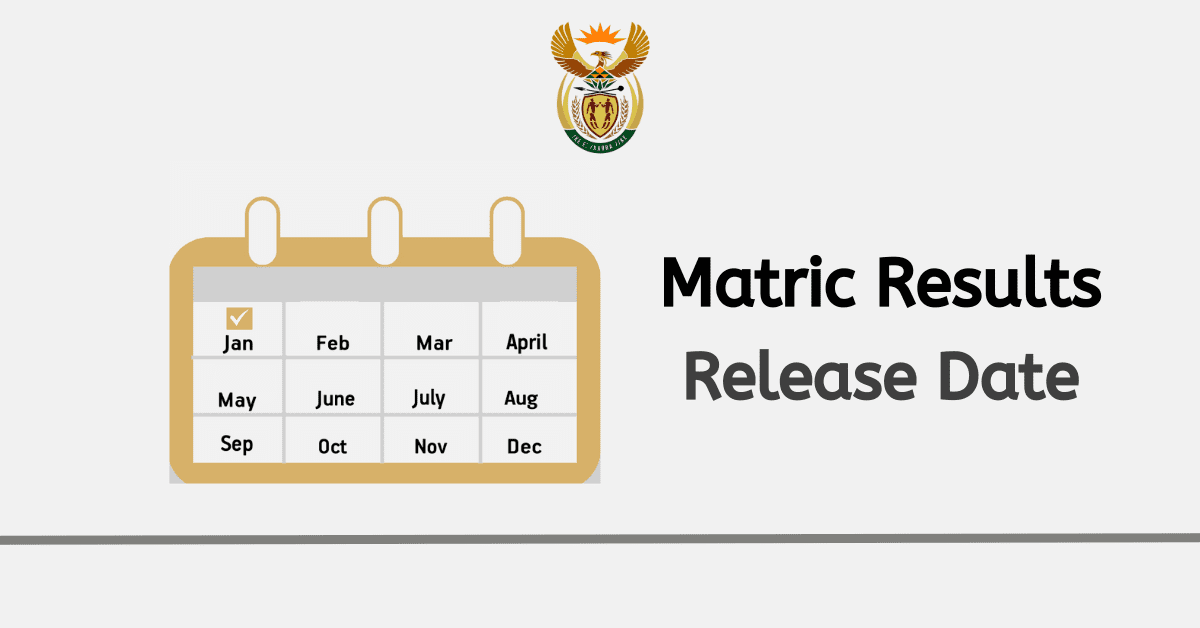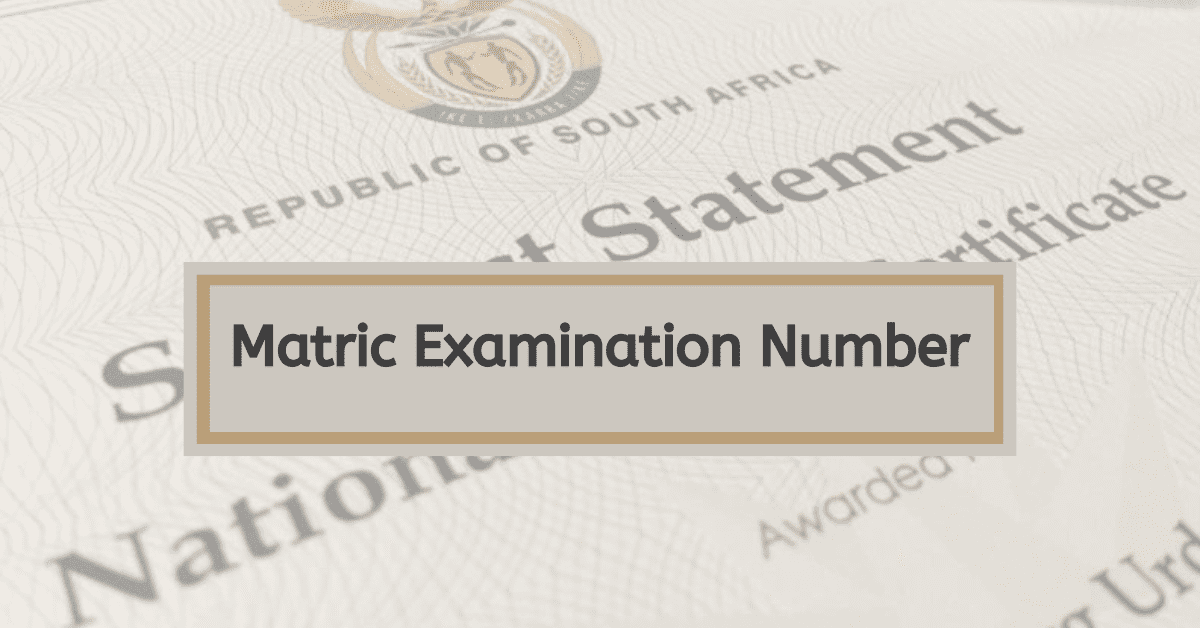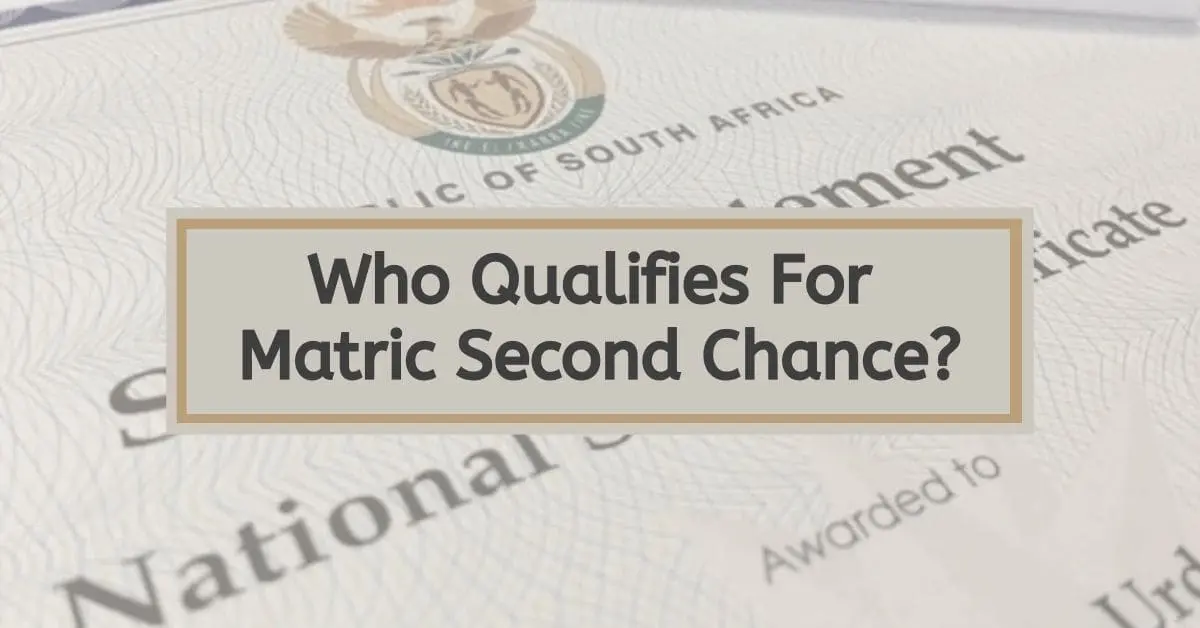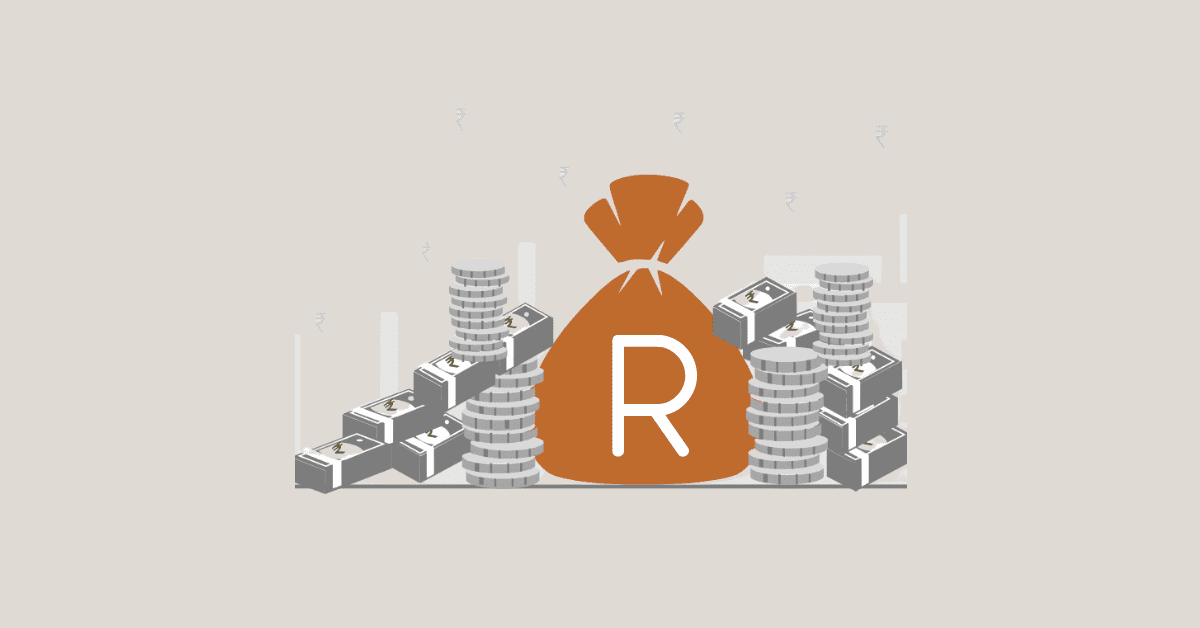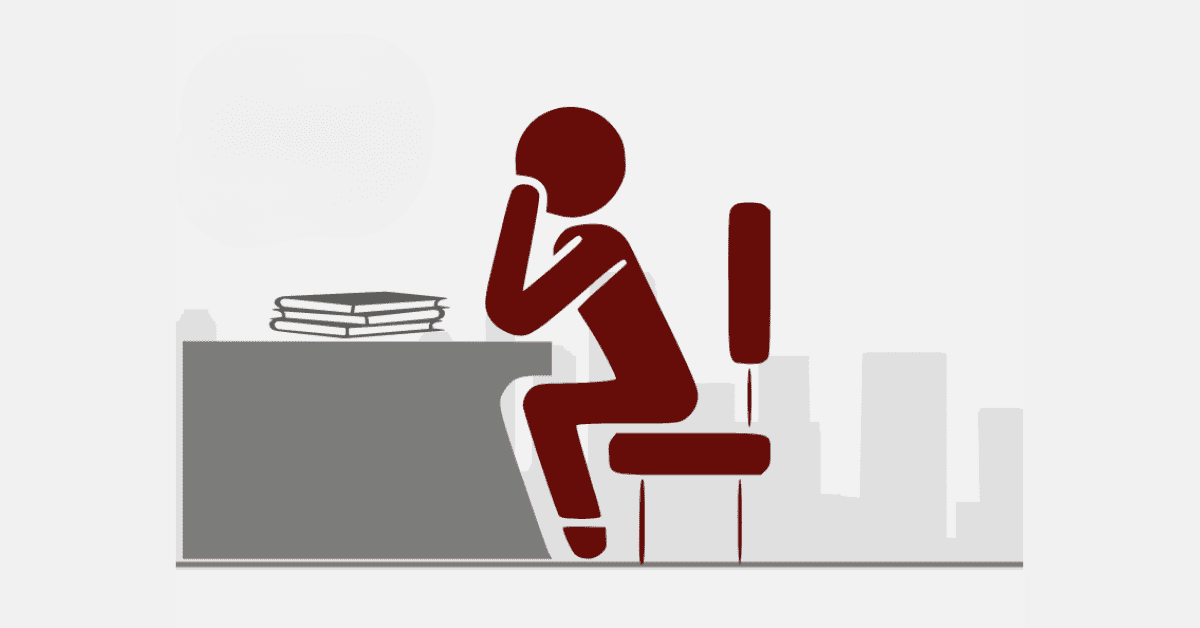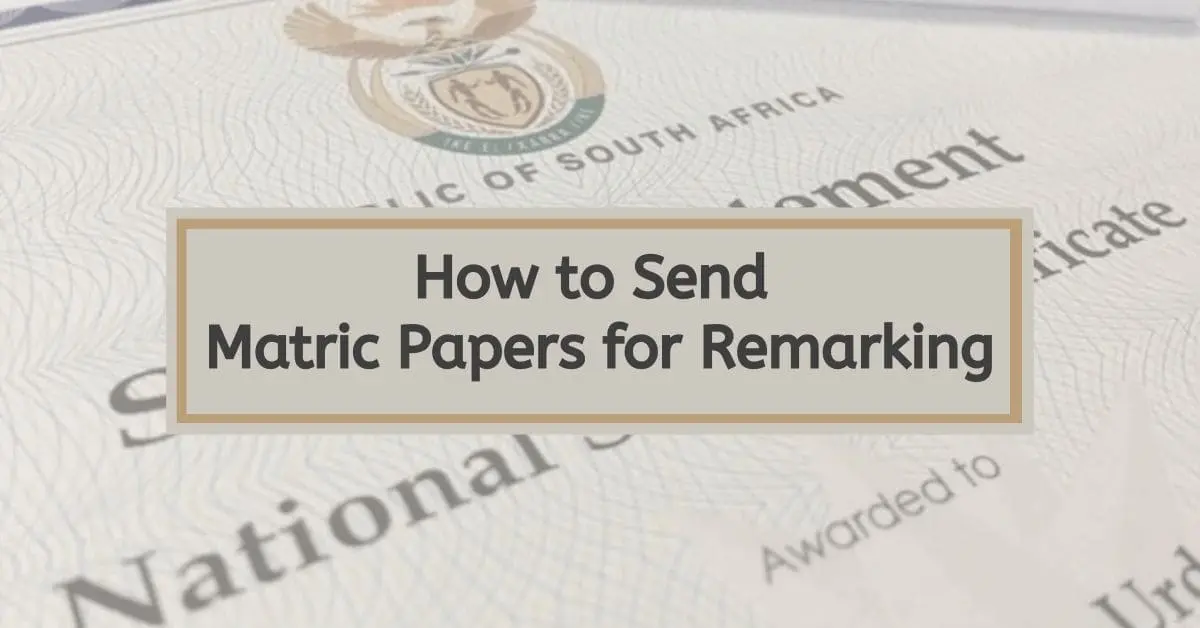There is always anxiety building up among students preparing for exams. And knowing this exam can change their lives, the anxiety can go haywire. Once students get to know that if the papers do not go as planned, it can take a toll on them, they need to prepare better.
Preparing for exams is another thing, and studying for an exam is entirely different. Although studying for an exam is part of the preparation, if there is no better organization, the point of preparing will be flawed.
It is important for every student to understand the examination preparation and cooperate accordingly. Studying for an exam can be exhausting, especially when you don’t even know where to start. But getting it right from the start can ease the pressure and prepare your mind for the exams.
This blog post will look at how to prepare for exams but limit it to past questions.
Matric Exam Tips: How to Study From Past Papers
Studying past exam papers can be really helpful in getting ready for your exams! The reason for this is that it provides you with a sneak peek of the possible questions that could appear on the exam. Ultimately, this increases your likelihood of achieving a good grade.
As part of the exam tips, studying past papers should be part of the organization. Since the inception of exams or assessments in schools, we can say the first set of people to write exams were not lucky enough as they did not come across any past questions.
However, it is certain that their tutors may have taken them through a series of preparations to let them understand the structure of the exams.
Studying past papers involves the structure of the question, how the questions are framed, numbering, the topics, and even how to answer them.
Looking at past questions gives you a fair idea of what to expect and prepares you well for what is ahead.
Understanding the Purpose of Past Exam Papers
Many students may not understand why it is necessary to look into past exam papers prior to their main exams. It may not be the same question, but this helps you know how the questions are set.
Understanding the purpose of past exam papers is part of the exam preparation. This is to give you a fair idea of how exams may be and also give you a clue on how to study effectively.
The main purpose of the past exams appears to serve as an ultimate resource point that allows students to familiarise themselves with the question structure.
Once you see the past exams, you get to understand the format of the exam or questions, content, style, and many more. This will help you understand the topics to be expected and also identify key areas to study. It helps you assess your preparation and your approach towards the exams.
It is necessary to take time to look into past questions, as this can be a great advantage.
Where to Download Past Papers
In order to begin studying from your previous papers, it’s important to know where to locate the right ones! That’s why it’s important to start by downloading past papers from the appropriate website or resource.
Knowing the purpose of past papers can help you dive more into learning from past questions.
Also, because the Department of Education understands its importance, they have incorporated past papers on their platform. Past papers have been made available on the website of the national department of basic education. This page covers all past papers from the year 2008 to the current year covering all subjects within the educational system in South Africa.
It is easy to download and read them as they are in PDF format.
Once you open the page and click on the year of the exams, it gives you all the subjects available in PDF format.
Also, there are other websites that allow you to download past papers, whether a high school student, college, or university student.
Here are examples of Websites where you can view and download past papers
- www.thutong.doe.gov.za
- www.advantagelearn.com
- www.learn.mindset.africa
Understand the Past Paper Structure and Marking Scheme
When it comes to preparing for exams, students in South Africa know that navigating through past papers and marking schemes is an essential part of the process. These tools not only give us a glimpse into the past but also help us understand the future, specifically your exam performance.
In South Africa, the structure of past papers usually follows the same format as the upcoming exams. Understanding question patterns, allocating time effectively, and considering the importance of different topics can help in creating effective study plans. Past papers are a valuable resource for gaining insights into what to expect in various assessments, such as the CAPS curriculum, matric exams, or university entrance tests.
It is equally important to understand the marking scheme. These schemes include the allocation of marks per question, the key concepts that examiners emphasize, and the assessment criteria. They uncover the secrets of how answers are assessed and provide guidance on where to concentrate for optimal improvements.
Education holds a crucial position in shaping the future of a nation with a vibrant history. By utilizing past papers, students can gain valuable insights from the past, which will help them tackle the challenges that lie ahead in the future. To start your journey toward success, it’s important to delve into the archives, carefully analyze the structure, and uncover the hidden details of marking schemes. By understanding the past, you’ll be better equipped to achieve your goals.
Create a Study Schedule Based On Your Past Papers
Having an organized study schedule can help you eliminate any fear and equip you for your upcoming exams.
The first step in creating a study schedule based on your past papers is to review the structure and format of the past papers. This will give you an idea of how the final exams will be run and help you prepare.
The format and structure of the questions do not even look at the peculiar questions but even the numbering of the questions, the time allocated to the paper, the tools needed for the paper, the instructions on the paper, and many more.
Secondly, you must be able to break down your study timelines into phases. This will help you avoid any distractions and also be overwhelmed with the question.
Lastly, it is important to look into all the subjects and understand the key topics within the past exams and what you have learned.
This will give you a fair clue of the kind of topics that may appear in the upcoming exams.
Set Up a Mock Exam for Yourself
One effective way to improve your learning and preparation is by creating a practice exam for yourself. Creating a varied range of questions that closely resemble the format and content of the actual exam is important in order to replicate real test conditions. This process helps to evaluate the current gaps in knowledge and increase familiarity with the exam format, which in turn reduces anxiety.
Setting a specific time limit helps develop time management skills by simulating the pressure of a real exam. Once the task is finished, a comprehensive evaluation of the answers is conducted to pinpoint areas that need improvement. Engaging in constructive self-evaluation allows us to turn our mistakes into valuable learning experiences. Taking regular mock exams helps to build confidence and adaptability and ultimately leads to better performance on the actual exam day.
Get Exam Tips and Study Advice with FundiConnect
Taking exams can be quite challenging, especially when you have to do it all by yourself. FundiConnect is here to offer a helping hand in that situation.
When you join FundiConnect, you’ll have easy access to a wide range of valuable resources right at your fingertips. If you’re looking for the most up-to-date study advice or tips for exams, we have everything you need.
FundiConnect does more than just provide information. In addition, we offer practical support to help you succeed in your exams. These include matric rewrites, extra classes, student tutoring, student coaching, and many more.

